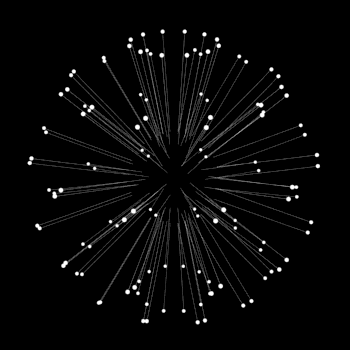Find #dy/dx# of #y=(5-x)^3(4+x)^5#?
I understand that I need to use the chain rule, but the x in the parentheses has no power and it is throwing me off
I understand that I need to use the chain rule, but the x in the parentheses has no power and it is throwing me off
2 Answers
Explanation:
Explanation:
Here is a different way that I personally like to use on these sorts of questions.
Taking the natural logarithm of both sides, we get:
#lny = ln(5 - x)^3(4 + x)^5#
Now recall your logarithm laws. The most important ones here are
#lny = ln(5 - x)^3 + ln(4 + x)^5#
#lny = 3ln(5 -x) + 5ln(4 + x)#
Now differentiate using the chain rule and the fact that
#1/y(dy/dx) = -3/(5 - x) + 5/(4 + x)#
#dy/dx= y(5/(4 + x) - 3/(5 - x))#
#dy/dx= (5 - x)^3(4 + x)^5(5/(4 + x) - 3/(5 - x))#
#dy/dx= 5(5 - x)^3(4 + x)^4 - 3(5 - x)^2(4 + x)^5#
Which is the result obtained by the other contributor using the chain rule exclusively.
Hopefully this helps!


